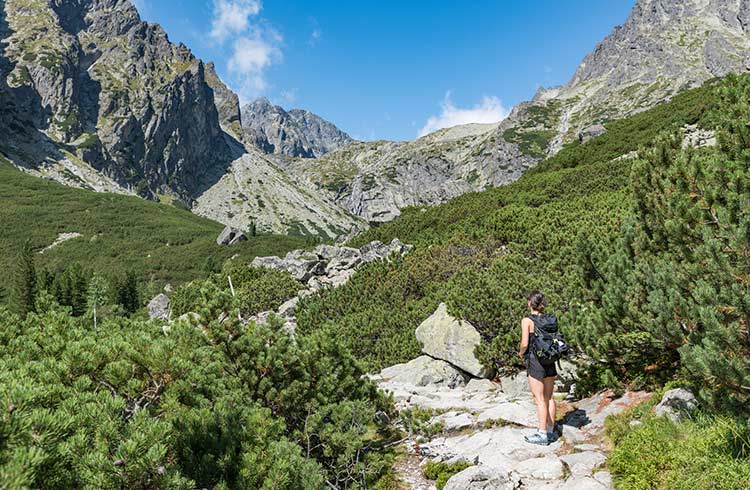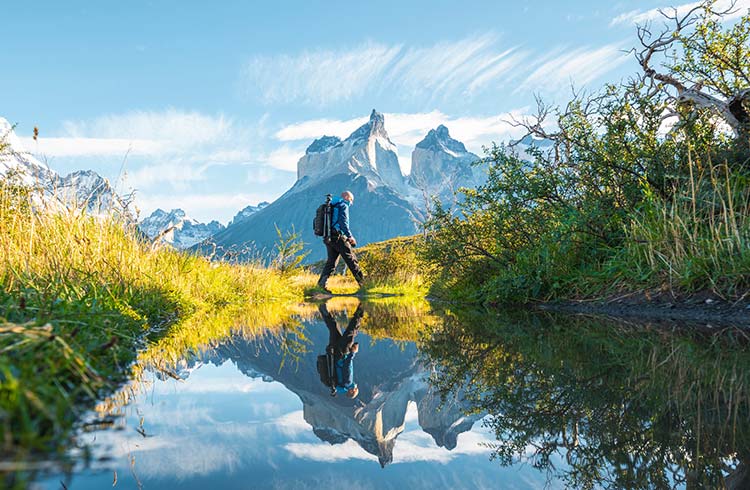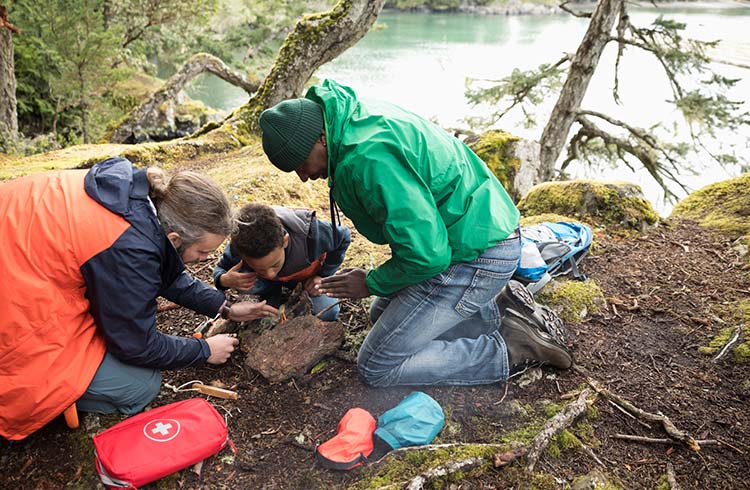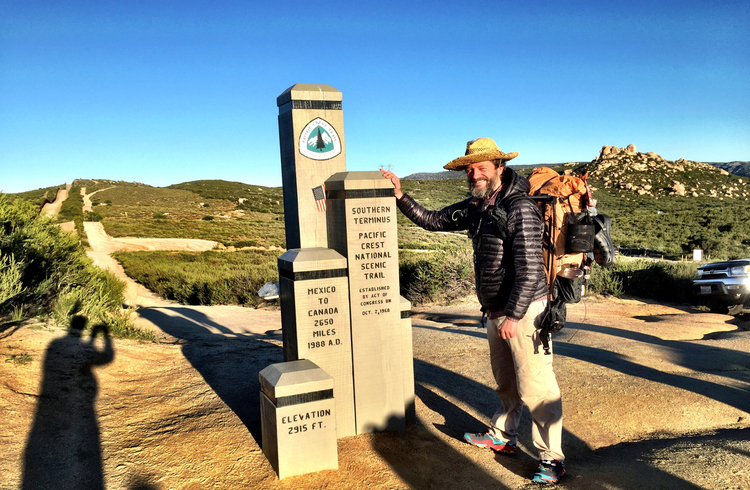Hiking in Slovakia: Essential Safety Tips for Travelers
Slovakia's dramatic landscapes don't come without bears, ticks and dramatic weather changes. Here's everything you need to know to stay safe while hiking in Slovakia.
 Photo © Getty Images/Ján Durkaj / EyeEm
Photo © Getty Images/Ján Durkaj / EyeEm
Slovakia's dramatic landscapes attract many people looking to hike, walk, trek or even nordic walk, and has so many great hiking spots along the Tatra mountains for every skill level.
If you plan to take on one of Slovakia's more challenging hikes, remember to put your personal safety first. Sturdy hiking boots, a raincoat and a water bottle are essential items to pack, although the water from rivers and streams is generally safe to drink. Pack water purification tablets to be sure, or a water purification bottle, such as Grayl.
Unpredictable weather changes
The weather can change from sunny and warm quite fast in the mountains, especially during spring (March–June) and fall (September–December). Carry extra layers in case it gets chilly.
Use insect repellent
Hikers should also liberally slap on insect repellent in Slovakia. Ticks are common in wooded areas and can transmit Lyme disease or tick-borne meningoencephalitis. Neither are pleasant conditions.
If you see a tick or some sort of insect attached to your skin, quickly remove it with some tweezers. Be careful to make sure you remove the entire insect, and inspect it to make sure there's nothing left behind in the bite.
Illegal camping: know the rules
If you're going on an overnight trip, be aware it's illegal to pitch a tent within the bounds of Slovakia's national parks. You'll have to pay to use one of many huts along the trails. Book in advance and plot out the route so you know you can make it to the hut each night if you are doing multi-day hikes.
Search, rescue and pay
Slovakia has a national search-and-rescue squad, the HZS (Slovak Mountain Rescue Service in English). If you get lost or injured and call for their help, you will be asked to pay for it.
The cost of an operation ranges from a reasonable €116 to a whopping €9,960, depending on the scope of the mission. Once your rescuers arrive, do everything they say. Any person ignoring their commands could be given a significant fine to pay.
World Nomads policyholders should note that rescue costs are covered only if it is deemed a necessary medical evacuation, if you're simply lost, or under-prepared, the cost is on you.
Be aware of bears and wolves
Slovakia is one of the few European nations where bears and wolves still roam freely in the wilderness. They are hardly lethal. No one has died from a bear attack in the last 100 years, and chances of an encounter are low. But every year, a few people do suffer injuries from bear attacks.
For their size, bears are surprisingly fearful. They avoid people they know are around. A good way to avoid a bear encounter is to talk loudly, sing, clap, beat drums, anything to make your presence known when you can't see what might be around a bend or behind a thicket.
If you do meet a bear, don't run, do not play dead, and definitely do not offer food. Instead, speak calmly and gently wave your arms so it will realize you are human (this seems to calm them down), and leave the area slowly, always keeping an eye on the animal.
If you must detour around a bear, try to position yourself upwind from it. This will relay your scent and it will realize you are not prey (it may also work out that you're pretty scared!). Extra cautious people might feel safer carrying some bear spray (for the uninitiated, bear spray is a canister of pepper spray which you direct at the bear's eyes. It works, but unfortunately you have to be a lot closer than you want to be to use it, it's a measure of last resort).
Related articles
Simple and flexible travel insurance
You can buy at home or while traveling, and claim online from anywhere in the world. With 150+ adventure activities covered and 24/7 emergency assistance.
Get a quote


No Comments